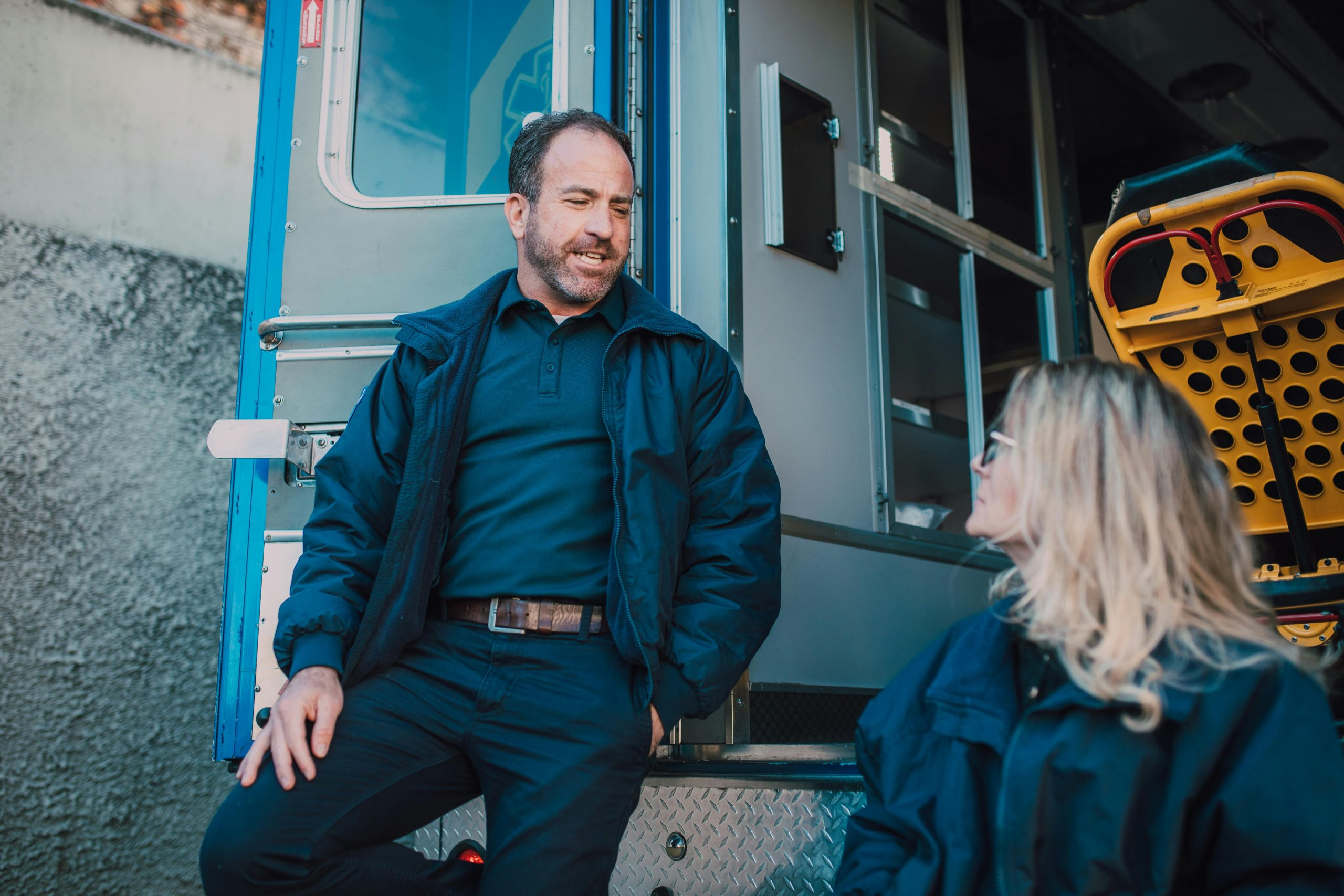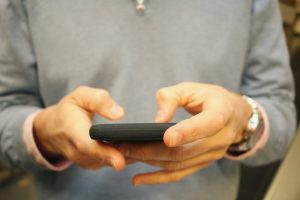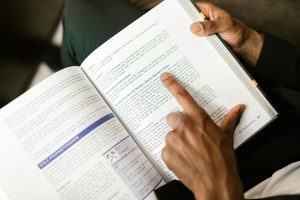Public Health Emergencies and Civil Liberties
The recent outbreak of the COVID-19 pandemic has brought the delicate balance between public health emergencies and civil liberties to the forefront. As governments around the world implement strict measures to curb the spread of the virus, concerns over the potential infringement of fundamental human rights have arisen. While the primary focus remains on combating the disease, it is crucial to examine the impact of these measures on civil liberties and individuals’ rights. In this article, we delve into the intertwined relationship between public health emergencies and civil liberties and how it can shape the global response to future crises.
The Importance of Public Health Emergencies
Public health emergencies are defined as situations that have the potential to cause illness, injury, or death on a large scale, posing a significant risk to public health. These can be caused by various factors, including infectious diseases, natural disasters, and human-made disasters. In response to these crises, governments may impose measures like travel restrictions, quarantine, and social distancing guidelines to mitigate the spread of the disease or reduce its impact on the population.
Public health emergencies, such as the COVID-19 pandemic, require swift and decisive action to protect the health and well-being of citizens. The timely implementation of these measures has proven to be effective in containing the virus and saving lives. However, these actions can potentially have far-reaching consequences on individuals’ rights and liberties, hence the need for a delicate balance between public health and civil liberties.
The Relationship between Public Health Emergencies and Civil Liberties
Civil liberties refer to the basic freedoms and rights that are guaranteed to individuals by law, such as the right to privacy, freedom of speech and assembly, and the right to a fair trial. While these freedoms are essential, they may be restricted in times of emergencies to protect public health and national security. However, this raises a crucial question – how much of our rights can we sacrifice for the greater good, and who gets to decide?
In the face of a public health crisis, governments often have to make difficult decisions, balancing the need to protect public health while safeguarding individual rights. For instance, mandatory quarantines and travel restrictions are considered necessary to prevent the spread of infectious diseases. Still, on the other hand, they also restrict individuals’ freedom of movement. Similarly, the implementation of contact tracing and surveillance technology raises concerns about privacy rights violations.
Moreover, health crises often disproportionately affect certain groups, such as marginalized communities and persons with disabilities, leading to discrimination and further violating their rights. It is crucial to ensure that the measures implemented during a public health emergency do not discriminate against any group and are strictly necessary to achieve their intended purpose.
The Role of Technology
Technology has played a vital role in mitigating the spread of COVID-19. From contact tracing apps to drones monitoring social distancing measures, technology has been instrumental in enforcing public health guidelines. However, the use of technology in emergency situations poses a significant threat to civil liberties and privacy rights. Governments must ensure that the use of technology is transparent and subject to strict privacy regulations to prevent potential abuse.
The Way Forward
The COVID-19 pandemic has highlighted the need for a clear and comprehensive framework to balance public health emergencies and civil liberties. Governments must involve human rights experts and civil society organizations in decision-making processes to ensure that fundamental rights are not sacrificed in the pursuit of public health objectives.
It is also crucial to address the root causes of health crises, such as socio-economic inequalities, to prevent disproportionate impacts on vulnerable communities. Adequate support must be provided to those affected by emergency measures, such as financial aid and mental health support, to mitigate the negative impact on their well-being.
Conclusion
In conclusion, public health emergencies and civil liberties are inherently intertwined, and it is essential to strike a balance between the two. Governments must implement measures that are necessary, proportionate, and non-discriminatory. The protection of civil liberties and human rights must remain at the core of responses to public health crises to ensure a just and equitable society for all.










